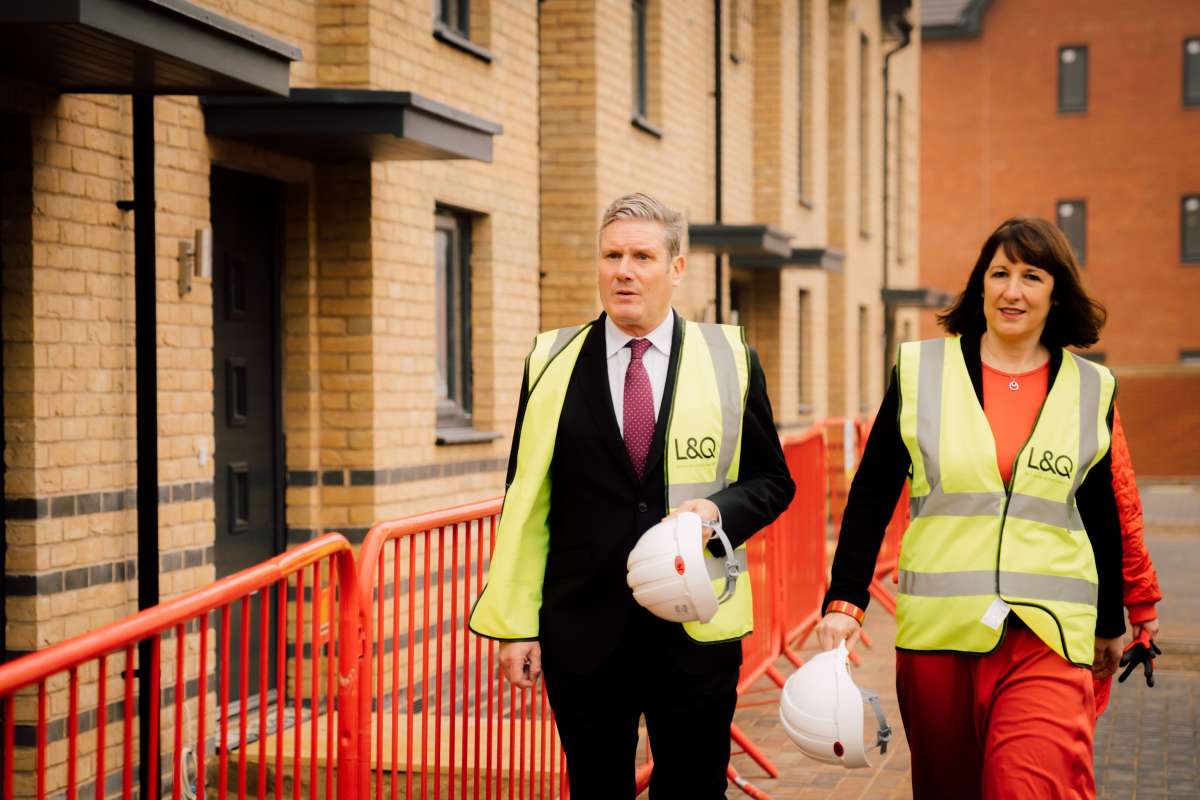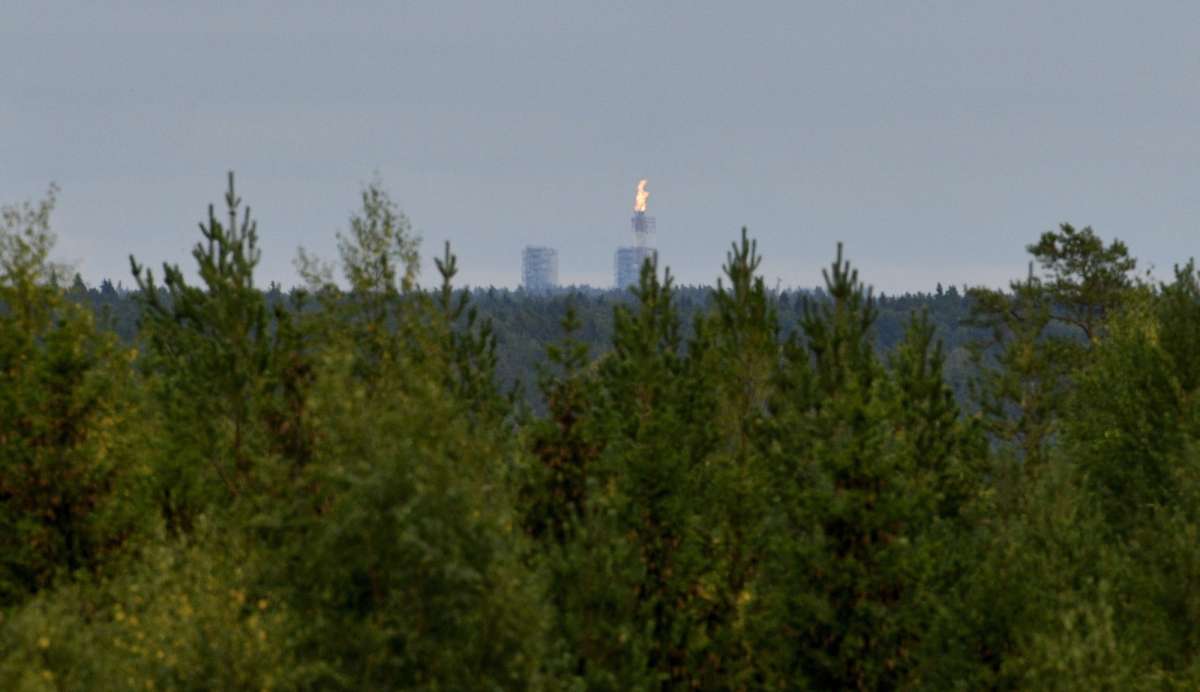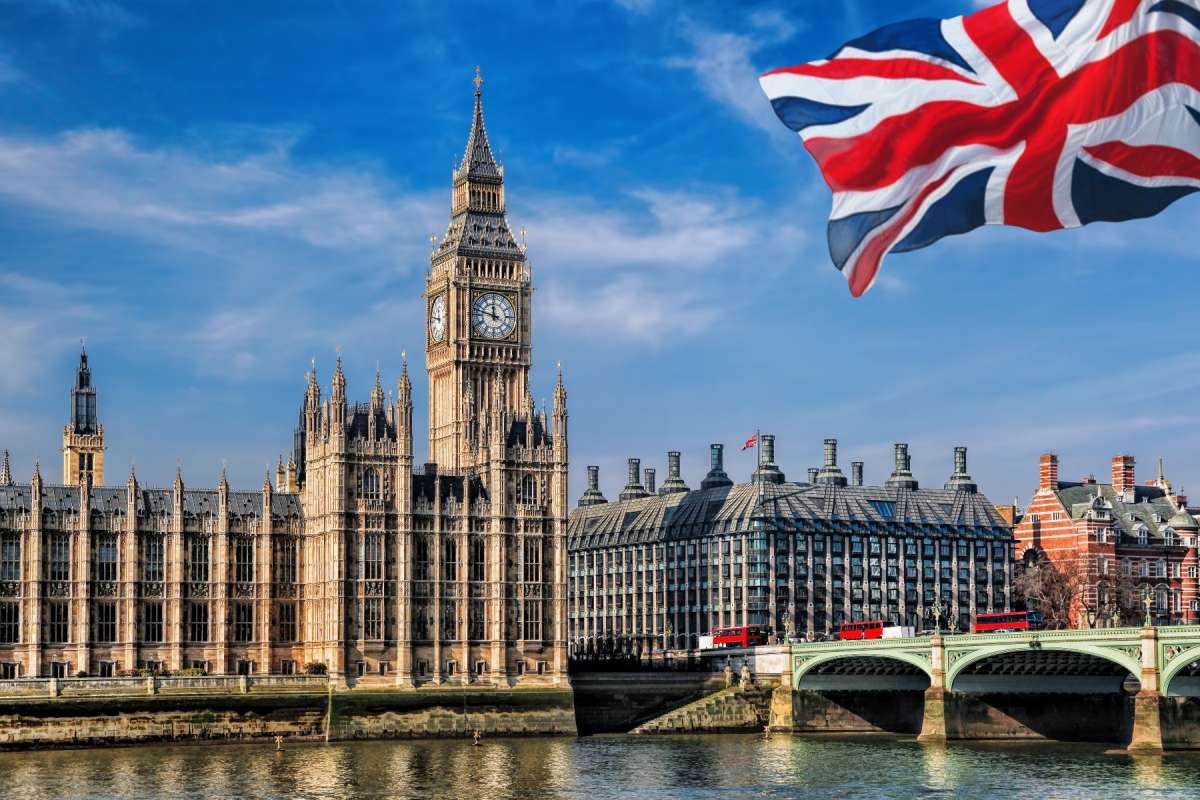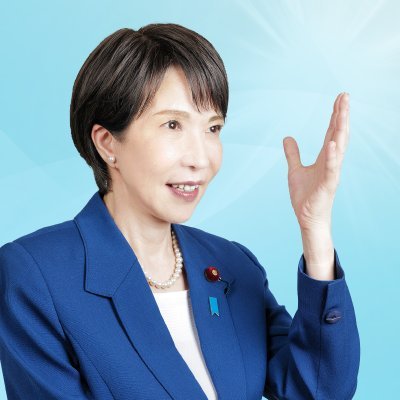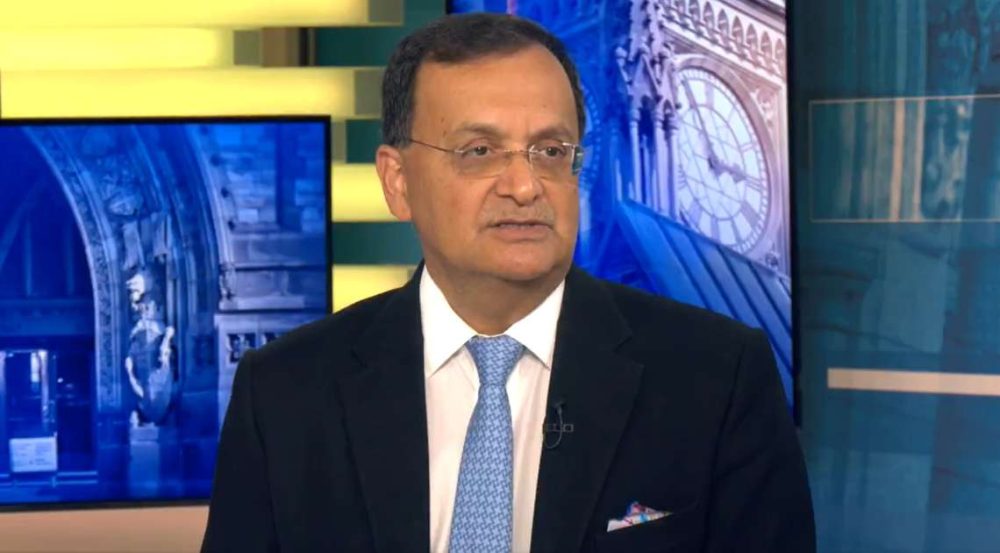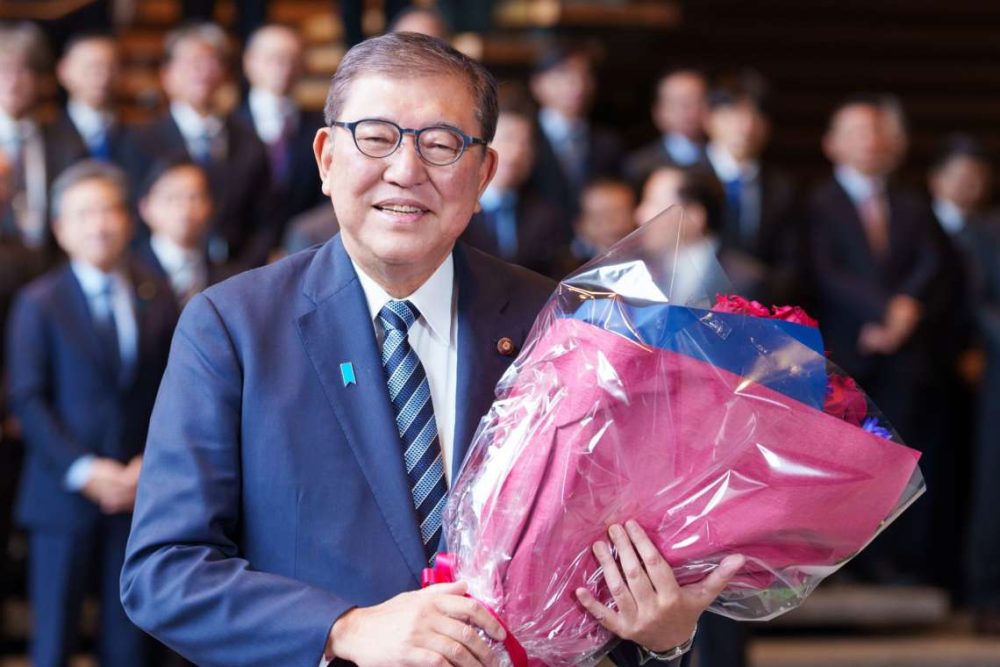Sir Keir is trying to convince voters at the next election that he has reconciled to Britain’s future outside of the European Union as he targets winning back Red Wall constituents who voted en masse for Brexit…reports Asian Lite News
Britain must end its economic dependence on immigration, Sir Keir Starmer will say on Tuesday as he toughens the Labour Party’s stance in a speech to business leaders.
In a significant intervention, the opposition leader is set to tell the Confederation of British Industry (CBI) conference that the days of “low pay and cheap labour” are over.
The speech will be seen as an attempt to quash any suggestion that the Labour leader would emulate Sir Tony Blair’s looser approach to immigration if he reaches Downing Street.
Sir Keir is trying to convince voters at the next election that he has reconciled to Britain’s future outside of the European Union as he targets winning back Red Wall constituents who voted en masse for Brexit.
He will tell business leaders: “I want to be clear here: with my Labour government, any movement in our point-based migration system, whether via the skilled occupation route, or the shortage worker list, will come with new conditions for business.
“We will expect you to bring forward a clear plan for higher skills and more training, for better pay and conditions, for investment in new technology. But our common goal must be to help the British economy off its immigration dependency. To start investing more in training up workers who are already here.”
He will add: “Migration is part of our national story – always has been, always will be. And the Labour Party will never diminish the contribution it makes to the economy, to public services, to your businesses and our communities. But let me tell you, the days when low pay and cheap labour are part of the British way on growth must end.”
Labour’s plan for government is coming under increasing scrutiny after the party opened up a poll lead over the Conservatives of more than 20 percentage points, leaving it favourites to win the next election, which is expected in 2024.


